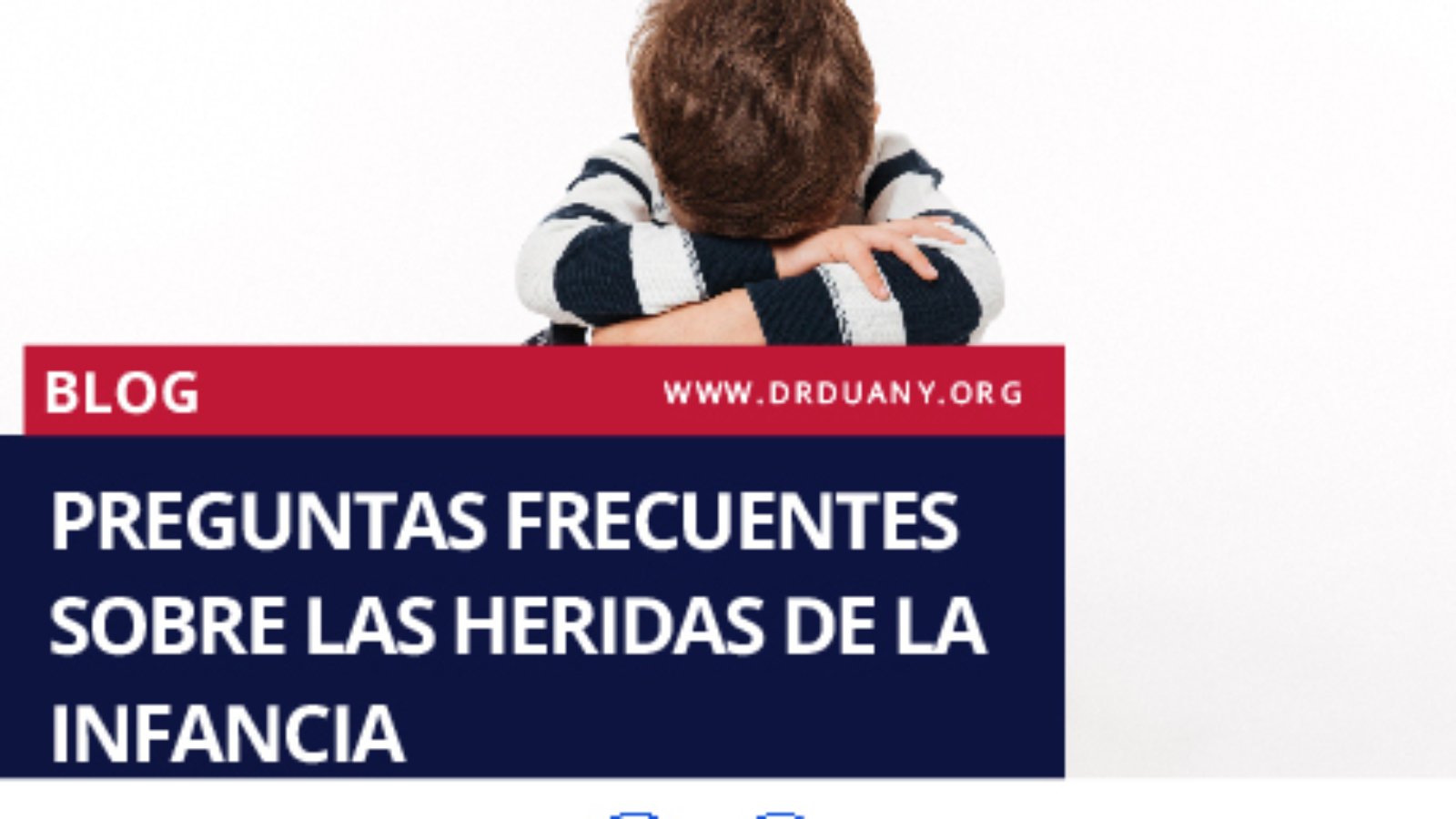Childhood wounds are painful emotional experiences that can have a lasting impact on a person’s life. These wounds affect how we see ourselves, how we relate to others and how we face life’s challenges. Here are eight frequently asked questions that people often ask about childhood injuries, along with detailed explanations.
What are childhood wounds?
Childhood wounds are traumatic or painful experiences that occur during a person’s formative years between childhood and adolescence. These injuries can be caused by physical, emotional or sexual abuse, neglect, loss of a loved one, bullying or dysfunctional family situations. Childhood wounds affect self-esteem, relationships and a person’s ability to handle stress and emotions.
How do childhood wounds affect adult life?
Childhood wounds have lasting effects on adult life. They can manifest as self-esteem problems, difficulties in forming healthy relationships, anxiety, depression and self-destructive behaviors. People who have experienced childhood wounds often have negative thought patterns and intense emotional reactions that stem from those early traumas. These wounds influence the way a person sees themselves and the world, affecting their ability to trust others and to feel safe and loved.
Can childhood wounds be overcome?
Yes, childhood wounds can be overcome with time and the right support. Therapy is a powerful tool to help people process and heal their childhood wounds. Therapies such as cognitive behavioral therapy (CBT), eye movement desensitization and reprocessing therapy (EMDR) and person-centered trauma therapy are effective. In addition, the support of friends, family and support groups provides a safe environment for growth and healing.
Is it normal to feel angry or sad about childhood wounds?
Yes, it is normal to feel angry, sad or even confused about childhood wounds. These emotions are natural responses to traumatic experiences. Recognizing and validating these feelings is an important step toward healing. Often, people try to repress or ignore these emotions, but facing and processing them with the help of a therapist or support group can be very beneficial.
How do I know if my current problems are related to childhood wounds?
Identifying whether current problems are related to childhood wounds may require introspection and often the help of a mental health professional. Some signs that your current problems are related to childhood wounds include repetitive patterns of self-destructive behavior, persistent self-esteem problems, difficulty trusting others, and intense and disproportionate emotional reactions to stressful situations. A therapist helps you explore your past experiences and how they influence your current life.
Do childhood wounds affect everyone equally?
No, childhood injuries do not affect everyone equally. How a person responds to traumatic experiences depends on several factors, including individual resilience, available social and family support, and the nature and duration of the trauma. Some people develop coping mechanisms that allow them to deal with trauma more effectively, while others may feel overwhelmed and have difficulty overcoming their experiences.
Is it possible to protect my children from childhood wounds?
Although it is not possible to protect children from all painful experiences, there are many ways in which parents and caregivers reduce the risk of childhood injuries. Providing a safe and loving environment, encouraging open and honest communication, and being attentive to children’s emotional needs makes a big difference. In addition, teaching children coping and resilience skills, and being willing to seek professional help when necessary, can help protect their long-term emotional health.
How can I help someone who has childhood injuries?
Helping someone with childhood wounds requires patience, understanding and unconditional support. Listening without judgment and validating their feelings can be very comforting. Encourage him to seek professional help if he has not already done so, and offer your support during his healing process. It is important to remember that each person has their own pace and way of dealing with their childhood wounds, so being empathetic and respectful of their process is critical.


